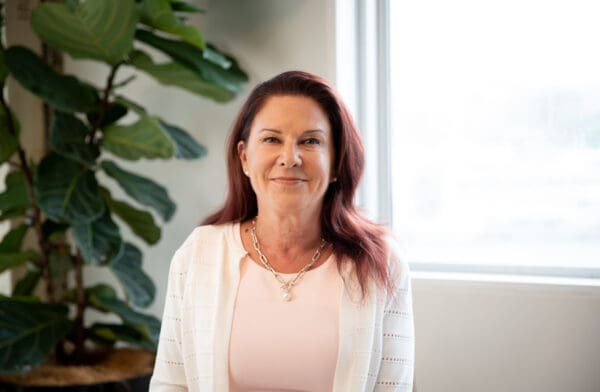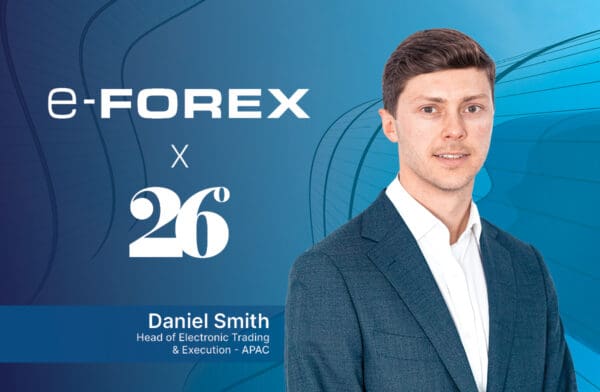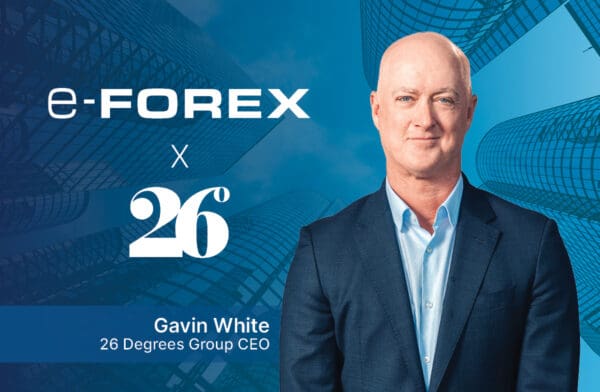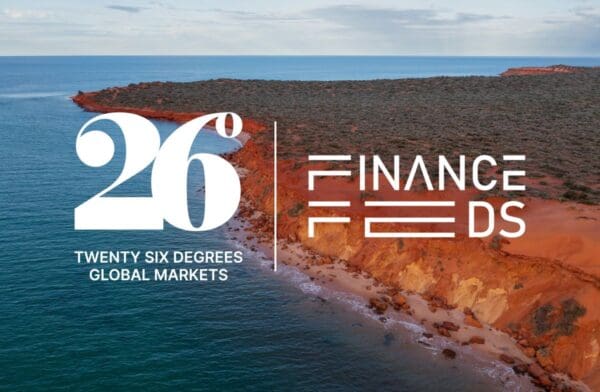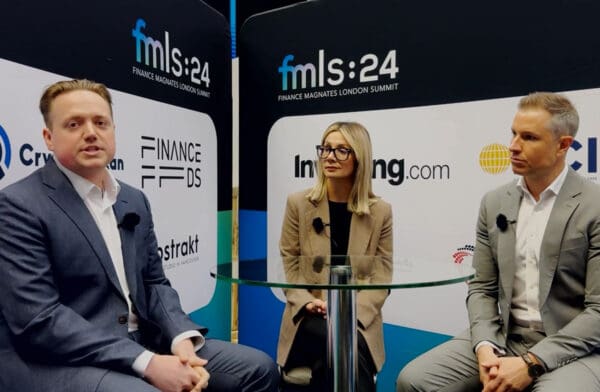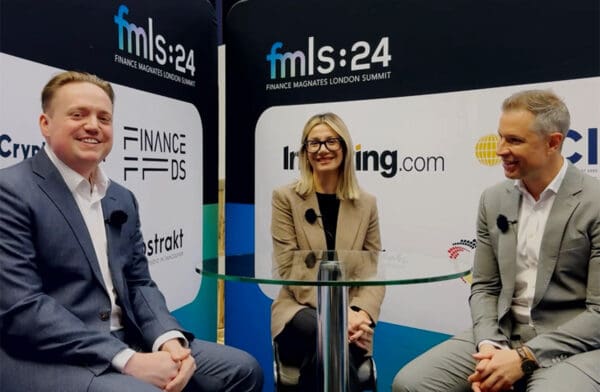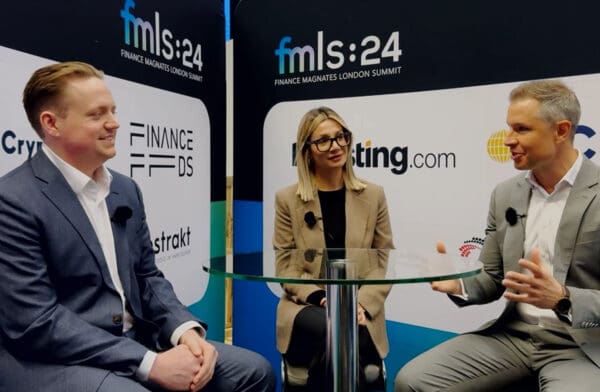



VCC and Singapore, the attraction for Hedge Funds
26 Degrees, a leading global prime of prime, is a sponsor of the Hedge Fund Club and a regular at the events in Singapore.
Andrew Bradshaw, Head of Prime services at 26 Degrees Global Markets, spoke to Martin O’Regan, Managing Director and Founder of SOLAS, an independent directorship firm based in Singapore on a recent visit about the success of the Variable Capital Company (VCC) program in Singapore and shares his insights.
The Variable Capital Company (VCC) in Singapore launched early in 2020 as a corporate structure specifically designed for investment funds. Cleverly, it allows for both open and closed ended structures. In the last three years the initiative has attracted over 1000 funds. In January this year, a two-year extension of the VCC grant scheme was announced for first time applicants as it is clearly contributing to Singapore’s strategic desire to be a regional financial hub and attract business from across APAC. Singapore is known for its stable political environment, strong regulatory framework, and business-friendly approach which makes it an attractive destination for hedge fund managers to set up.
Andrew Q: There have been several drivers for the success of the VCC, can you talk me through some of the key factors?
Martin A: The VCC fund is a popular choice for hedge fund managers looking to establish a presence in Asia. The structure is specifically designed for investment managers, offering a flexible and efficient way to manage multiple sub-funds each with its own investment objectives, assets, and liabilities. Hedge fund managers can set up sub-funds to pursue specific investment strategies and easily launch new sub-funds as market conditions change.
The VCC structure also offers significant cost savings for hedge funds. Unlike other fund structures, a separate legal entity for each sub-fund, which can be time-consuming and costly, isn’t required. Fund managers can set up and manage multiple sub-funds under a single VCC umbrella, reducing the administrative burden and costs of managing multiple entities.
In addition to its flexibility and cost savings, the VCC structure provides greater confidentiality and privacy for hedge fund managers and their investors as it does not require the disclosure of its investors to the public, providing a level of confidentiality that may be appealing to hedge fund investors who value privacy.
Andrew Q: You mentioned cost advantages. Can you give us a guide on the costs, rebates and timelines to set up a new VCC currently?
Martin A: Assuming it’s a basic structure with no complexities, it takes just four to six weeks to get the VCC approved. One of the advantages of the VCC is there is no preapproval process by the regulator; the application is submitted and approved by the companies’ office, Accounting and Corporate Regulatory Authority (ACRA) in Singapore.
Set up costs for a standard structure are about SGD$60,000 to SGD$90,000 for legal and tax. There is also a grant of SGD$30,000 or up to 30% of the set-up costs for investment managers setting up their first VCC available until January 2025. A one-time registration fee of SGD$8,000 isn’t claimable within the grant. Ongoing, there aren’t annual registration fees or external AML officers required, and the audit fees are very reasonable.
Andrew Q: Tell us more about the onshore commitments that a manager setting up a VCC should be aware of?
Martin A: VCC requires a commitment to Singapore, including an onshore licensed IM with at least two people on site, including a CEO.
Andrew Q: Are there any other key benefits of the VCC structure?
Martin A: Absolutely. The VCC structure is scalable, allowing for the creation of new sub-funds, making it easier for hedge fund managers to expand their business and attract new investors. From a structuring perspective, the VCC allows for master/feeders, standalone and segregated portfolios.
When marketing to US investors, it allows for US GAAP and meets the requirements for ‘Check-the-Box-Election Tax Classification’ rules for Foreign Entities — meaning the tax reporting is not at the VCC level but passed through to the underlying investors.
Andrew Q: A key advantage of doing business in Singapore is its reputation as a well-regulated jurisdiction and its tax efficiencies. Can you tell me more about these?
Martin A: The government has made it favorable for VCC funds. Fund managers can benefit from tax exemptions on certain management and performance fees, while investors can benefit from tax exemptions on their capital gains and dividends.
Singapore also has a network of tax treaties with other countries, including Australia, the US and the UK that provide several benefits for offshore investors in Singapore VCC funds. Foreign investors are eligible for reduced withholding tax rates on their dividends, interest, and royalties and can claim a credit for any tax paid in Singapore against their domestic tax liabilities.
The tax treaty between Singapore and Australia has made Singapore particularly attractive for Australian-based hedge fund managers looking to establish a presence in Asia and access offshore allocators. They can take advantage of this to structure their funds in a tax-efficient manner. The VCC structure has certainly enhanced Singapore’s attractiveness, providing a simple and efficient way for hedge fund managers to establish and manage their funds in the region
For more information about establishing a VCC program in Singapore you can reach out to Solas Fiduciary Services at www.solasfs.com/en or we can facilitate an introduction, just contact us here.
Insights
Latest insights from
26 Degrees


